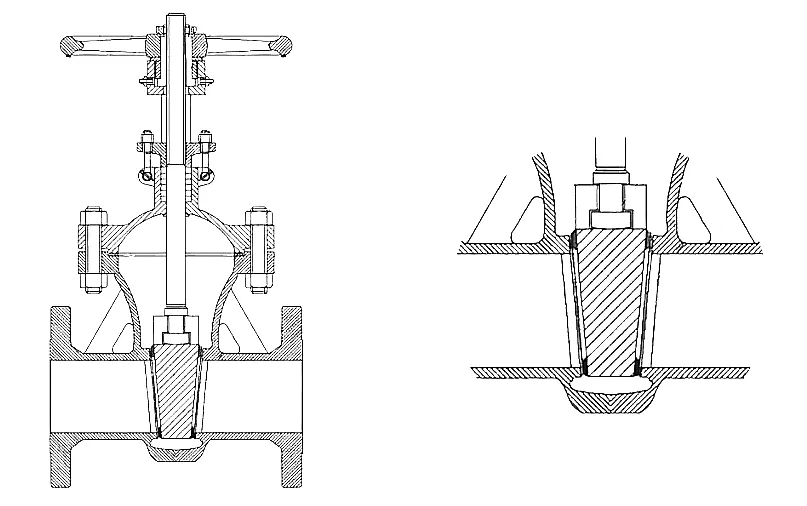Flange Wrench - Your Ultimate Tool for Flange Maintenance and Installation
Understanding Flange Wrenches A Key Tool for Industrial Applications
Flange wrenches are specialized tools designed for the assembly and disassembly of flanged joints in piping systems. These tools play a crucial role in industries such as oil and gas, water treatment, and manufacturing, where flanged connections are prevalent. Understanding flange wrenches and their importance in industrial applications can enhance safety, efficiency, and overall operational effectiveness.
What is a Flange Wrench?
A flange wrench is characterized by its unique design, which typically features a long handle and an adjustable or fixed jaw to accommodate various flange sizes. The design allows for a better grip and leverage, making it easier to tighten or loosen nuts and bolts located on flanged connections. Flanges are used to join pipes, valves, pumps, and other equipment, and they require precise torque application to ensure a secure seal and prevent leaks.
Types of Flange Wrenches
Flange wrenches come in various types, each tailored to specific applications
1. Fixed Flange Wrenches These wrenches have a set opening size, making them suitable for specific flange sizes. Fixed wrenches are often used in applications where the same size flange is repeatedly encountered.
2. Adjustable Flange Wrenches Featuring an adjustable jaw, these wrenches can accommodate various flange sizes, making them versatile for different tasks. They are ideal for maintenance operations where multiple sizes are encountered in the field.
3. Socket Flange Wrenches Designed to fit onto the bolt heads directly, these wrenches provide significant torque application without slipping. They are especially useful for large diameter flanges, where high torque is required.
flange wrench

Importance of Using Flange Wrenches
Using the correct flange wrench is essential for several reasons
1. Safety Improperly tightened or loosened flanges can result in leaks, equipment failure, or even hazardous spills. A properly designed flange wrench enables the user to apply the correct amount of torque without over-tightening, which could damage the flange.
2. Efficiency Flange wrenches are designed to provide maximum leverage, allowing technicians to work more efficiently. This is particularly important in industrial settings where time is of the essence, and minimizing downtime is critical.
3. Longevity of Equipment Regular maintenance and proper tightening of flanged connections can prolong the life of piping systems. Using the right tools ensures that connections remain secure, reducing the risk of wear and tear over time.
4. Versatility With adjustable and various specialized designs, flange wrenches can be utilized across multiple applications and types of flanged joints, making them an invaluable part of an industrial toolkit.
Conclusion
Flange wrenches are indispensable tools in the maintenance and assembly of flanged joints within various industrial applications. Understanding their types and importance can lead to improved safety, operational efficiency, and equipment longevity. Investing in the right flange wrench is essential for any company engaged in work that involves piping systems, ensuring not only the effectiveness of the operation but also contributing to a safer working environment. As industries continue to evolve, the role of flange wrenches remains critical in maintaining the integrity of essential infrastructure.
-
The Key to Fluid Control: Exploring the Advantages of Ball Valves in Industrial SystemsNewsJul.09,2025
-
The Versatile World of 1, 2, and 3 Piece Ball ValvesNewsJul.09,2025
-
Stainless Steel Ball Valves: The Ideal Choice for Efficient Flow ControlNewsJul.09,2025
-
Optimizing Fluid Control with Ball Float ValvesNewsJul.09,2025
-
Manual Gate Valves: Essential for Control and EfficiencyNewsJul.09,2025
-
Everything You Need to Know About Butterfly ValvesNewsJul.09,2025
-
The Versatility of Wafer Type Butterfly ValvesNewsJul.08,2025




